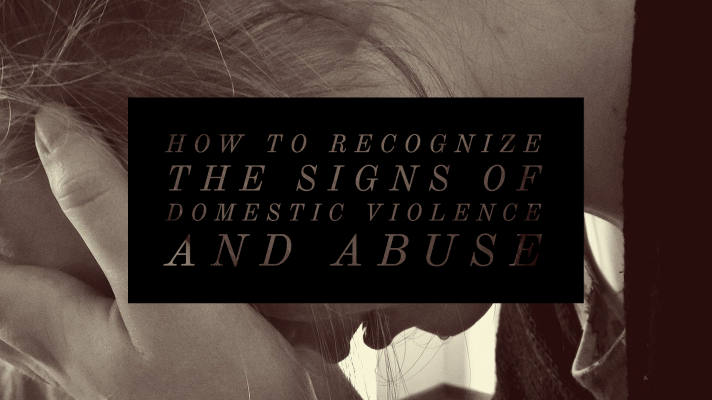
Many of us want to find that special someone to share our lives with. But unfortunately, it’s possible that your “happily ever after” has turned into a nightmare due to domestic violence and abuse. Making matters worse, the misconceptions and stigmas surrounding abusive relationships can make them even harder to recognize or to leave. In today’s post, we’re sharing some telltale signs of domestic violence situations — and why contacting a domestic violence attorney should be on your list if you find yourself in such a situation.
What Are Some Common Features in Domestic Violence Disputes?
Although the most obvious signs of domestic abuse and violence situations involve physical altercations and bodily injury, these are far from the only signs. In fact, nearly half of all women and men in the U.S. have experienced psychological aggression by an intimate partner — and this is just one example that falls under the umbrella of domestic violence.
Because these incidents escalate over time, it’s possible that you might be able to recognize the seriousness of your situation before any physical violence actually occurs. In other scenarios, you may chalk up an act of violence to being an isolated incident — but coupled with the other features of these relationships, you may realize how important it is that you seek help from trusted resources like domestic violence attorneys.
Some of the most prevalent features of domestic violence and abuse situations include:
- Attempts to control, bully, humiliate, or isolate the victim
- Manipulation and blaming of the victim
- Hypersensitivity to perceived personal attacks
- Threatening behavior toward the victim or others
- Use of force in sexual situations
- Cruelty towards animals, children, or other vulnerable figures
- Verbal abuse or dual personalities
- “Love bombing” (or showering the victim in affection, particularly at the beginning of a relationship)
- Gaslighting (or the use of psychological manipulation in order to make the victim question their judgment, memory, or sanity)
- Breaking, hitting, or striking inanimate objects
Obviously, there are a number of other telltale signs of violent or abusive relationships — and many of the ones mentioned above may be more nuanced or specific. This list can act as a starting point to help you evaluate the behavior of your partner and the overall health of your relationship. Remember that persons of any gender can become a victim or a perpetrator of domestic violence and abuse.
What Should I Do If I Believe I’m a Victim of Domestic Violence?
Those who have never been involved in abusive relationships (and even those who are involved in these relationships) may assume that they’ll be able to spot the signs and get out before any real harm can come to them. But abusers are smart. They know that these events need to happen gradually in order for them to become your baseline for normality. What’s more, they aim to control their victims so that the process of unentangling seems complicated, stressful, and next to impossible.
It’s never easy to remove yourself from a toxic and dangerous relationship, as victims are often subject to manipulative tactics that are meant to keep them where they are. But if any of the signs mentioned above sound familiar, it’s important that you seek out support in a safe way. That might not mean involving the police right away. Instead, you may need to confide in a close friend or relative, reach out to victim services or a domestic violence hotline, or contact another trusted individual (like a religious leader or a personal physician). Getting in touch with a domestic violence attorney may also be a wise move, as your family lawyer can connect you with the resources you need and help you if you decide to file charges against your abuser. You may also need the services of a divorce lawyer if you’re married to your abuser (and especially if you share children).
If you believe you’re the victim of an abusive relationship and are ready to take the next steps toward reclaiming your life — whether you intend to file a claim against your abuser or you want to legally divorce them — we’re here to help. For more information on what a domestic violence attorney can do for you during this difficult time, please contact our firm today.